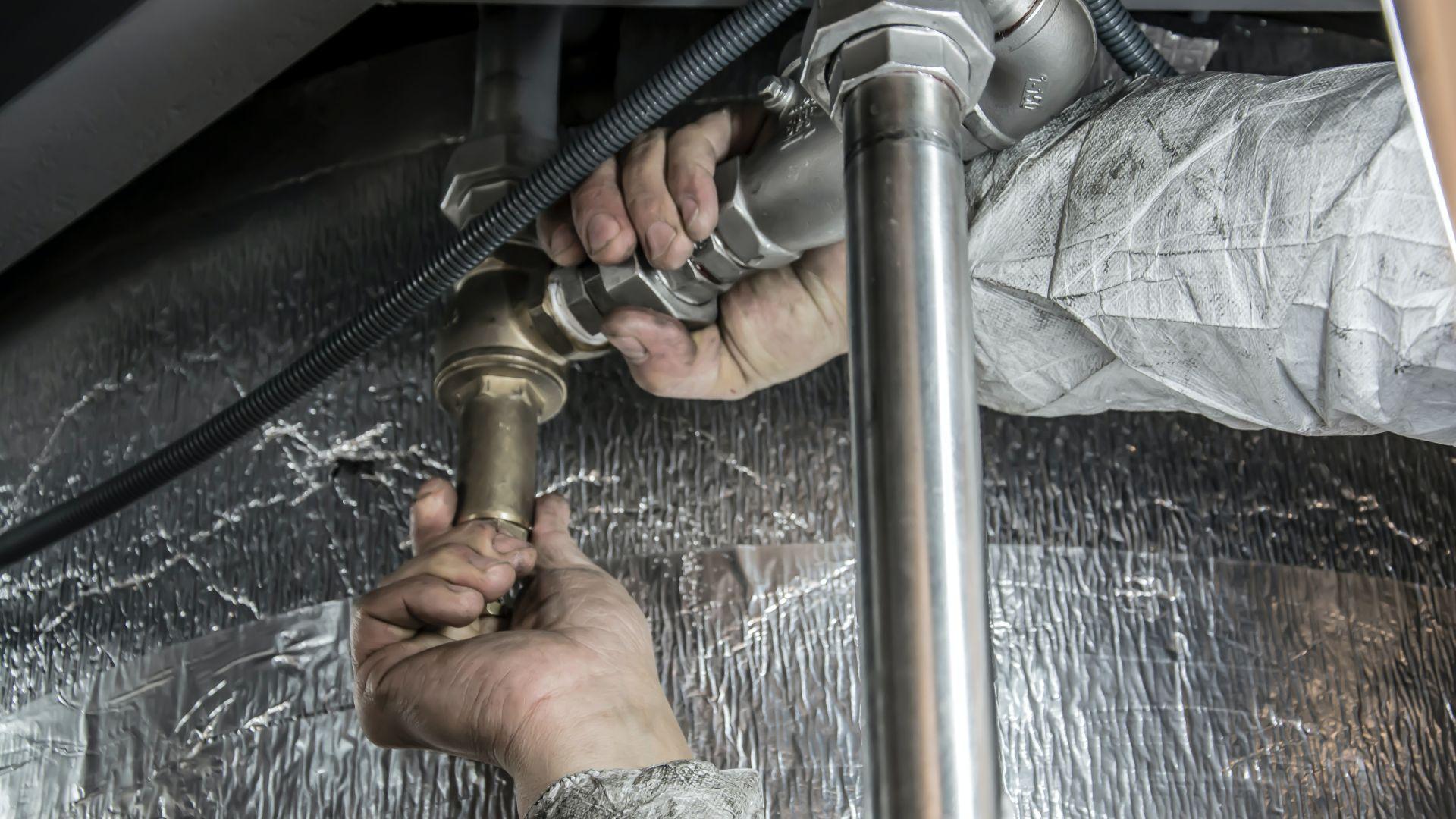Robert Jenkins began his promising career in plumbing after completing a rigorous four-year apprenticeship. He soon secured a position with a well-regarded local company.
This firm was not only known for its competitive pay but also seemed to provide Jenkins with an environment that he initially believed was ideal for his growth.
Jenkins’ Positive Start in the Industry

Robert was fortunate to join a reputable local plumbing firm that offered a starting pay of $40 an hour.
Besides the attractive remuneration, the company facilitated its employees’ tasks by providing them with essential equipment and vehicles, ensuring a smooth and efficient workflow for Jenkins.
Pay Increase Accompanied by Unforeseen Changes

Shortly after Jenkins joined, the company raised the wages to $45 an hour, a welcome increase. However, this raise was accompanied by a new policy.
The firm stopped supplying tools, expecting its plumbers to buy their own. This change posed questions about the fairness of the firm’s new direction.
High Costs of Essential Plumbing Equipment

Specialized tools in plumbing can be exorbitantly priced, as Jenkins pointed out. Some tools even ranged between $4,000 and $5,000.
With the company’s policy change, the financial burden of acquiring these tools now fell squarely on the shoulders of the employees, leading Jenkins to question the company’s commitment to its staff.
Workplace Concerns

Within the company, Jenkins found himself at odds with a particular coworker known for his condescending approach towards junior staff. Jenkins’ attempts to address this with the higher-ups were met with resistance.
He was simply told that this employee’s significant earnings made him indispensable to the company, brushing Jenkins’ concerns aside.
The Decision to Depart

Amidst rising tensions, unresolved grievances, and a stark shift in work culture, Jenkins felt increasingly out of place.
Despite receiving a promotion, he felt that staying would not serve his best interests. This mounting dissatisfaction eventually led him to resign and pursue more fulfilling opportunities.
Broader Employment Trends

Recent data from ADP unveiled an intriguing trend: employees who received promotions were often more likely to exit their roles compared to those who remained in their current positions.
Interestingly, only 4.5% of staff members achieve promotions within their first two years, pushing many to look for growth outside their current firms.
Increased Responsibilities, Not Always Increased Pay

Promotions often bring with them a slew of new responsibilities. However, a significant number of these promotions come without the necessary bump in pay.
This imbalance can be a significant source of dissatisfaction among staff, emphasizing the need for companies to match added responsibilities with appropriate remuneration.
Challenges Beyond Monetary Compensation

Rising through company ranks can sometimes reveal hidden organizational problems. Jenkins personally felt the sting of this when the company stopped providing tools and failed to address internal conflicts.
Such underlying issues hinted at deeper problems within the firm’s organizational culture.
Jenkins’ Journey as a Sole Proprietor

After leaving his prior employer, Jenkins embarked on a fresh journey as a sole proprietor.
This move, although filled with added responsibilities, granted him greater autonomy and control over his profession, allowing him to shape his destiny.
Striving for a Positive Work Environment

Using his past experiences as valuable lessons, Jenkins is on a mission. He is keen to establish a workspace where employee well-being is at the forefront.
He recognizes the crucial role a positive working environment plays in both individual success and the broader success of a business.
Redefining Working Standards in the Trades

Holding a firm belief that the trade industry needs to progress, Jenkins stresses the importance of valuing workers’ well-being.
He’s committed to establishing new working standards, hoping to inspire others in the industry to follow suit.
